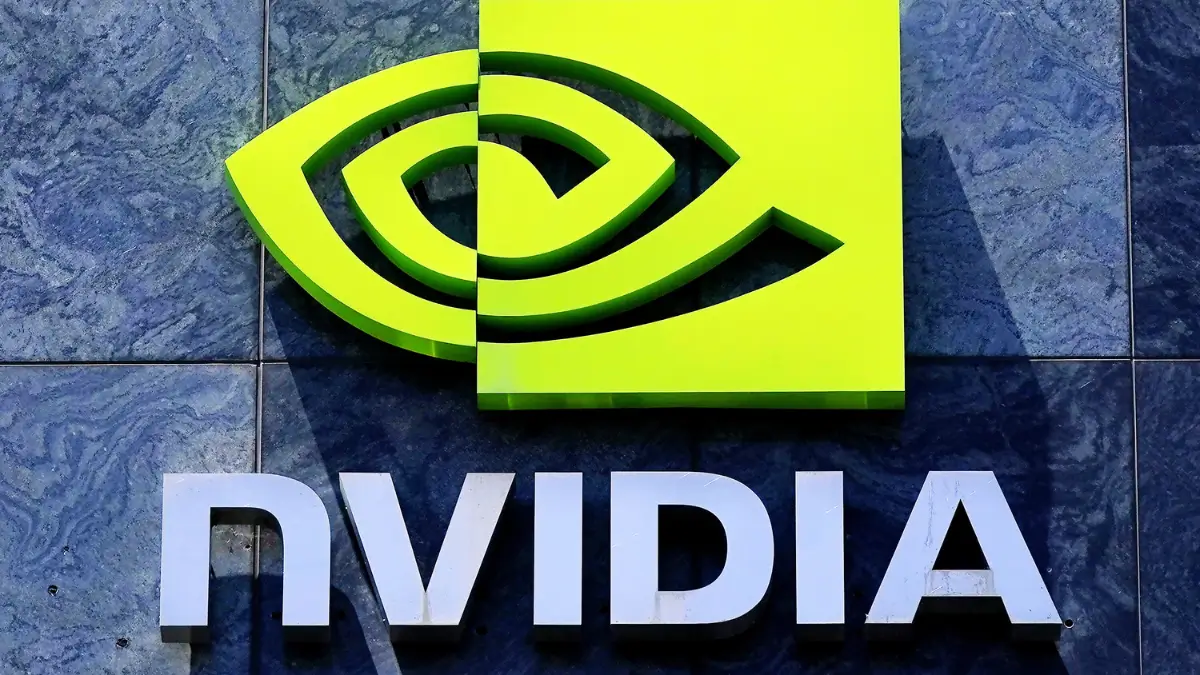In a surprising turn of events, Nvidia has temporarily pressed pause on production of its H20 artificial intelligence chip—designed specifically for the Chinese market. The decision comes at a time when global tech tensions are rising, and it highlights how deeply politics, regulation, and technology have become intertwined.
For American readers, this story matters because it isn’t just about China or Nvidia—it’s about how U.S. innovation collides with foreign scrutiny, how supply chains are tested, and how future AI growth could be shaped. As the world’s largest AI chipmaker takes a cautious step back in one of its most important markets, the question becomes clear: what does this mean for the future of U.S.–China tech relations and the broader AI industry?
Which Suppliers Were Told to Halt Work?
According to insiders, Nvidia’s request directly impacted two major partners. Amkor Technology, based in Arizona, has been handling advanced packaging for the H20. At the same time, Samsung Electronics in South Korea has been supplying the high-bandwidth memory crucial for this chip’s performance. Both companies, however, have remained silent publicly, neither confirming nor denying their involvement in this pause.
This silence is notable because it reflects the delicate position suppliers find themselves in—balancing contracts with U.S. companies while keeping a close eye on shifting regulatory environments in both Washington and Beijing.
Why the Pause Is Happening
The reason behind the pause lies in China’s growing concerns about information security. Just last week, Chinese regulators summoned domestic tech heavyweights like Tencent and ByteDance to discuss their plans to buy the H20. The message from regulators was clear: these chips posed potential risks to information security, and Beijing was not entirely comfortable with widespread adoption.
For Nvidia, that scrutiny created immediate business pressure. The company clarified that the H20 is not designed for military or government infrastructure use. Instead, Nvidia emphasized that its chips serve commercial markets and that it continuously manages its supply chain in response to “market conditions.” Despite those assurances, the company appears to be exercising caution until the regulatory environment becomes clearer.
What This Means for the US
While this story centers on China, the impact resonates strongly in the United States.
For Americans, there are three key reasons to watch this closely:
- Tech geopolitics in real-time: The H20 pause shows how national security concerns in China directly affect U.S. firms. A decision in Beijing can reshape supply chains stretching from Arizona to Seoul, showing how fragile global tech cooperation can be.
- Impacts on global chip markets: Nvidia dominates AI chip design, and the H20 represented its effort to comply with U.S. export restrictions while still serving Chinese customers. By halting production, Nvidia could shift focus toward other regions or products, potentially changing the pace of AI development globally.
- Regulatory power plays: This situation demonstrates how governments—not just companies—are steering the future of AI. For American businesses and consumers, it’s a reminder that innovation doesn’t exist in a vacuum; it’s constantly shaped by global politics.
The Stakes for Nvidia
Nvidia has become a household name in the U.S., largely thanks to its role in powering everything from gaming GPUs to cutting-edge AI systems. But China has long been a major market for its chips, and the H20 was crafted specifically to meet U.S. export rules while still serving demand there.
By asking suppliers to halt work, Nvidia risks losing momentum in China at a time when domestic alternatives are gaining attention. For American investors and tech watchers, the move raises questions: will Nvidia double down on U.S. and European markets? Or will it try to find a new balance with Chinese regulators in order to preserve its market share?
A Pause or Something Bigger?
At this stage, Nvidia’s move is being described as a pause rather than a cancellation. That distinction matters. A pause suggests that Nvidia is keeping its options open while monitoring the regulatory climate in China. However, pauses can stretch longer than expected, and in some cases, they lead to permanent redirection of resources.
If Nvidia cannot sell the H20 widely in China, it may redirect production capacity toward other chips, such as those aimed at cloud computing or AI workloads in the U.S. and Europe. This could ultimately shift the competitive balance in global AI chip supply.
Looking Ahead
The future of the H20 chip is far from certain. Much will depend on whether Chinese regulators ease their stance or maintain restrictions on AI chips linked to foreign firms. For Nvidia, the challenge is finding a path that satisfies regulatory demands without losing critical market access.
For the U.S., this story is more than a business headline—it’s a glimpse into the evolving power dynamics of technology. Every pause, every regulation, and every supplier decision becomes part of a bigger narrative: how nations are shaping the future of artificial intelligence.
As global demand for AI accelerates, the Nvidia H20 saga serves as a reminder that innovation isn’t just about faster processors or better performance. It’s also about navigating politics, trust, and the delicate balance of global cooperation. Nvidia’s cautious step may be temporary, but its ripple effects could last far longer.

